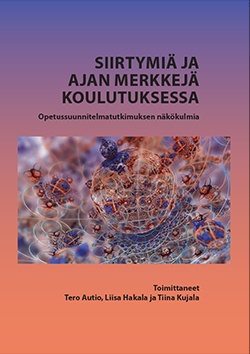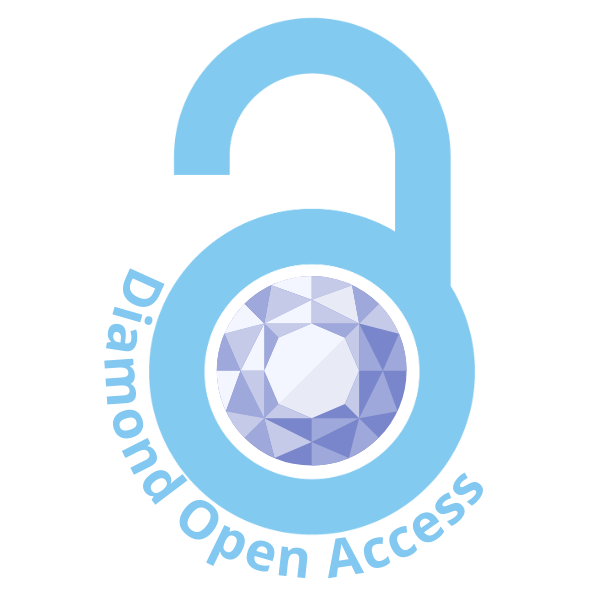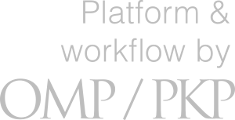Siirtymiä ja ajan merkkejä koulutuksessa: Opetussuunnitelmatutkimuksen näkökulmia

Downloads
Keywords:
education policy, curriculum, didactics, learning, multiliteracySynopsis
This edited book continues the discussion on curriculum, which began in 2017 with the first book on Curriculum Studies in Finnish [Opetussuunnitelmatutkimus: Keskustelunavauksia suomalaiseen kouluun ja opettajankoulutukseen]. The 14 peer-reviewed articles in this edited volume are divided into four thematic sets, the common denominator of which is the concern about the drifting of the comprehensive democratic German and Nordic Bildung / Didactic curriculum tradition into the narrower, competence and skills driven Anglo-American education and curriculum, shaped by the paradoxical alliance of assumedly apolitical instrumental learning theories and neoliberal policy measures.
The first theme, “Knowledge and Education from Antiquity to Global”, deals with the topics of civilization, education and knowledge in the Finnish curriculum debate. The first article traces back to the antique with the intertwinement of current and historical layers of meanings that are implicated in the modern concepts of civilization and education. In addition, the first theme will open up Spencer’s educational thinking and its impact on Finnish curriculum thinking. The space is also given to currently emerging concerns of eco-social education and reactivated issues by global interconnectedness of social and economic justice as educational goals. The theme ends with a critical examination of the Western concept of civilization and modernity related to issues of white supremacy with affiliations of cultural and racial-ethnic superiority.
The second theme looks at “The historical and current emphases of Finnish curriculum policy”. The first article examines how the theme is reflected in the changing structures of early childhood education. This focus on early education will arguably make more explicit and visible the assumptions we attach to education and its role and goals in globalized society in general. The curriculum processes in Finnish basic education, especially the process of reforming the curriculum in 2014 and the local curriculum work, will also be addressed in the second theme of the book. The last article questions the assumption, often shared by mainstream academic and common sense alike, that curriculum design and teaching planning should always start with objectives.
The third theme is “The current issue of disciplinarity in curriculum and teaching”. In the first article attention is paid to horizontal integration of school subjects, and to general educational implications predicated on subject-based curriculum and teaching, more generally. The next article deals with conceptual interrelatedness between art education and culture, media, and subjectivity. In the third article, the secularist views on citizenship is scrutinized of the neglect of significant citizenship aspects related to broader worldviews by illusorily positioning them in the sphere of private life out of reach of public interest and debate.
The fourth theme, “Higher Education Policy in Change”, focuses on neoliberal governance in higher education and universities, first addressing the new ambivalent identities of academic teachers, and how competence, skills and workplace-based curricula have fundamentally altered the concept of knowledge toward an instance of populist de-intellectualization of higher education and neoliberal vocational school. In addition, the fourth theme presents a meta-analysis of the underlying curriculum thinking and conceptions behind research texts on university curricula. Exemplarily, the last article critically unpack the process of developing a skills and competence-based curriculum at the University of Applied Sciences.

Downloads
Published
Categories
License

This work is licensed under a Creative Commons Attribution-NonCommercial-NoDerivatives 4.0 International License.







